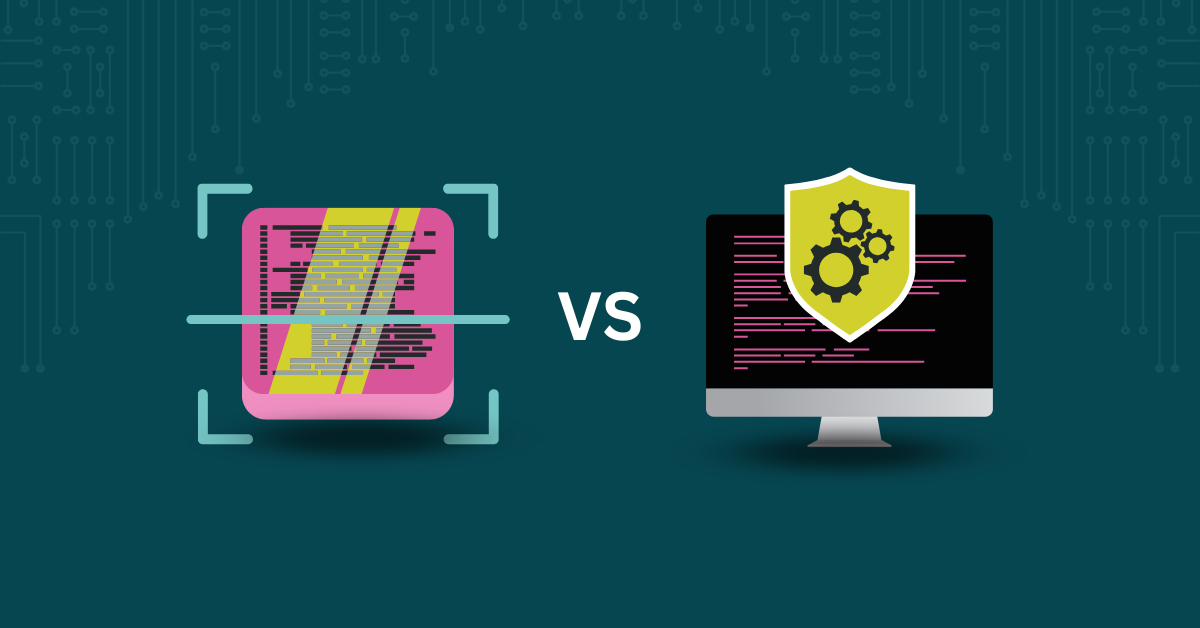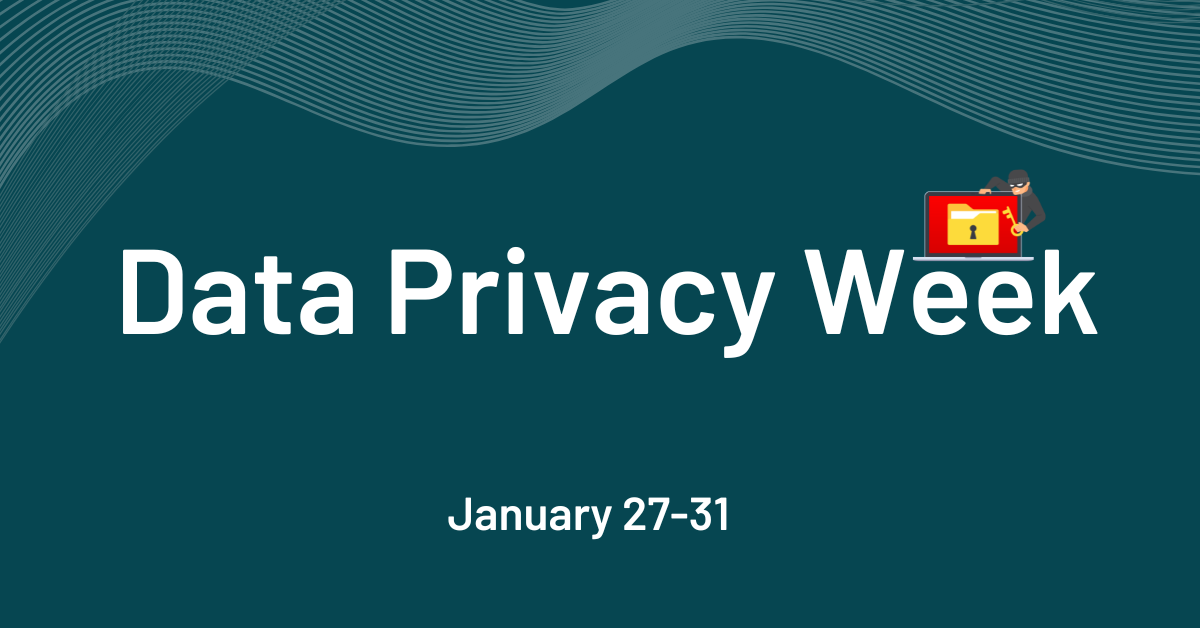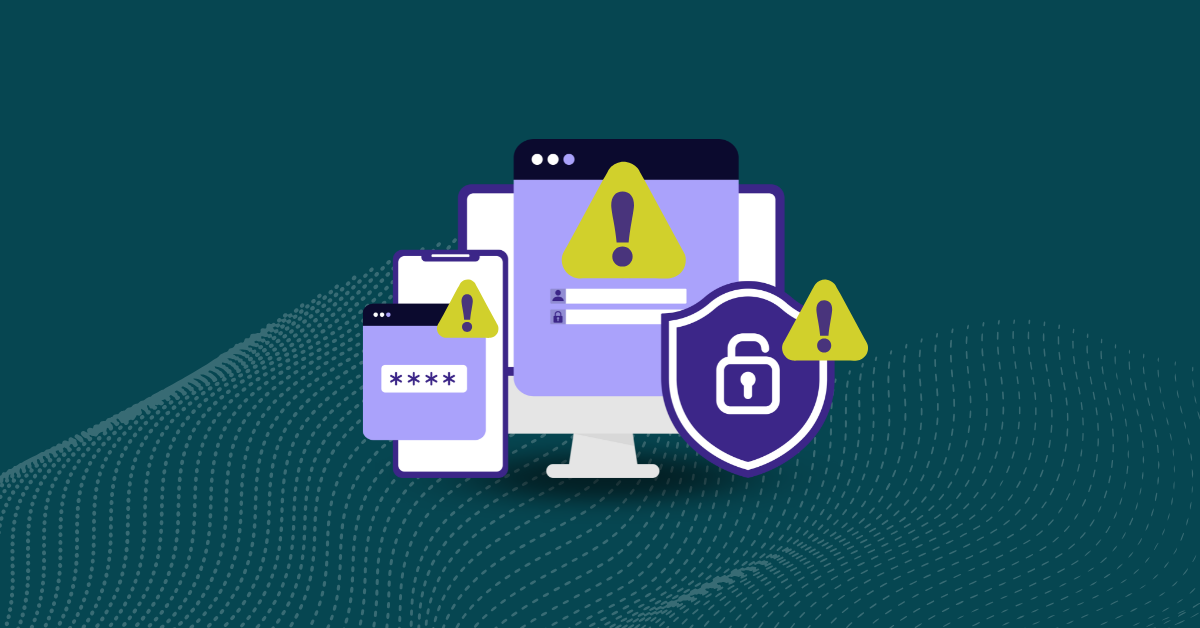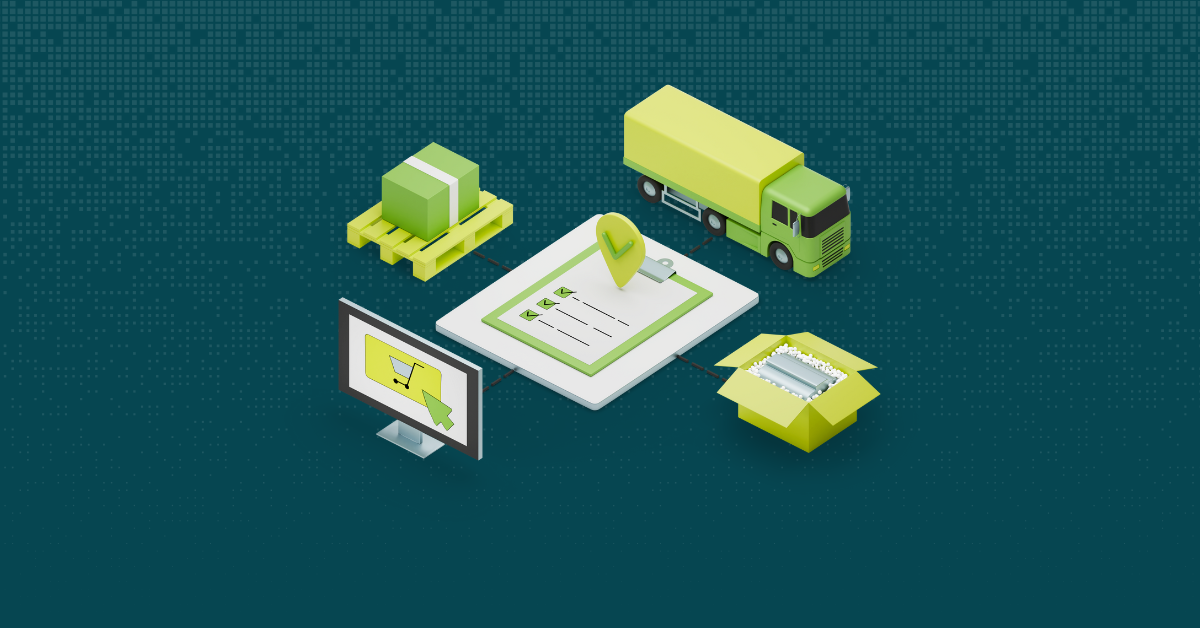

Data Privacy Week is an international effort to raise awareness for individuals, developers, security professionals, and businesses about the importance of online privacy and data protection. It grew from Data Privacy Day, first established in 2007. Planned by organizations such as the National Cybersecurity Alliance (NCSA) and supported by governments, corporations, and other organizations concerned with security and the ethical use of data, Data Privacy Week is celebrated the last week in January.
In 2025, Data Privacy Week will take place from January 27th through January 31st. This year’s themes focus on individual empowerment, business responsibility, technology challenges and solutions, and global compliance.
As we increasingly rely on digital services and the frequency of cyber-attacks increases, protecting data is more critical than ever. In response, DevSecOps teams will need to address security early in the software development lifecycle (SDLC). Using tools to automate testing and compliance, such as static application security testing (SAST) and software composition analysis (SCA), helps you build more secure and compliant software from the ground up.
Tacking on security measures at the end of the development process is not enough to protect your applications. This bolted-on approach to security leaves you vulnerable to data breaches.
The repercussions of a data breach are severe in today’s tightly regulated environment. You can face stiff legal, financial, and reputation damage if you expose sensitive data. Your customers expect you to be diligent about protecting their data, and governments around the world have passed legislation requiring it.
Earlier this year, the widely-used health payment processing company Change Healthcare was hacked. The attack exposed the personal health information of a “substantial” portion of the U.S. population. Although the exact number hasn’t been disclosed, this is the largest data breach in history — aligning with a trend of more frequent and severe cyber attacks.
This attack resulted in downtime at many health organizations that lasted for weeks, potentially impacting patient care and leading to massive financial losses. A Russian ransomware gang was able to carry out the attack because one of Change Healthcare’s critical systems wasn’t protected with multi-factor authentication — an oversight caused by poor coding practices.
This attack, and too many others like it, illustrate the importance of “privacy by design” — incorporating data protection and security into the concept and early phases of software development. Security tools such as those designed by Kiuwan can help enforce strict coding standards so you can avoid these types of vulnerabilities and the associated risks.
Developers often resist incorporating compliance checks early in the SDLC because they believe it may slow down the process. However, automated tools can speed up the process since they allow you to address flaws and vulnerabilities as soon as they’re discovered. You can take care of small problems before they become big ones, when they’re cheap and easy to fix, and before they’re committed to the codebase.
Some of the most helpful tools you can use for privacy compliance and risk reduction are:
SAST tools allow you to test early and often for code flaws. You can incorporate Kiuwan’s SAST tool into your integrated development environment so your development team gets real-time feedback and can remediate vulnerabilities immediately.
You can also run SAST at critical points during the development process, such as:
Almost all modern software contains elements of open-source code. Open-source code speeds up the time to market and increases productivity. However, because open-source code is public, it also increases security risks.
SCA tools analyze your codebase to detect open-source libraries and other components, giving you complete visibility into dependencies. They help you meet your compliance obligations under the General Data Protection Regulation (GDPR), the California Consumer Privacy Act (CCPA), and other data privacy regulations.
SCA tools like Kiuwan’s Insights also test your code against databases such as the National Vulnerability Database (NVD) to help identify known threats.
Cybersecurity and data protection strategies necessitate a multi-layered approach. Today’s software is so complex that it contains multiple potential entry points for malicious actors. The only way to develop an effective defense is to design with security in mind and incorporate privacy considerations into every stage of development.
Incorporating security professionals into development and operations teams — DevSecOps — makes security everyone’s responsibility. Collaboration across teams ensures that security concerns are considered at every development stage, not just immediately before deployment. Privacy-by-design approaches make data protection as important as every other feature of an application.
Automated tools empower development teams to create secure applications without tedious manual security testing. SAST and SCA tools make security testing second nature so your team can focus on creating powerful applications.
These tools allow you to build privacy safeguards directly into your systems and enforce strict coding practices. Taking a security-as-code approach standardizes best security practices and eliminates taking a random approach to high-stakes issues.
With cyber threats on the rise, data privacy is a growing concern for everyone. While Data Privacy Week puts a spotlight on the topic, it’s something we all have to be proactive about all year long. Protect your applications and your business by addressing data privacy early in development. Kiuwan’s end-to-end application security platform can help you proactively resolve privacy concerns and ensure compliance with expanding global regulations.
We offer the ultimate code protection tools trusted by developers everywhere. With support for over 30 programming languages, Kiuwan fits into almost every continuous integration/continuous delivery (CI/CD) pipeline. You can choose from on-site or cloud-based solutions that suit your needs. Either way, you’ll get accessible and actionable security reports that drive decisions such as security investments, allow you to identify and remediate code quality issues, and align with all major cybersecurity frameworks, including the National Institute of Standards and Technology (NIST) and the Open Worldwide Application Security Project (OWASP).
Request a Kiuwan demo for free and learn how to detect vulnerabilities and automate compliance.


